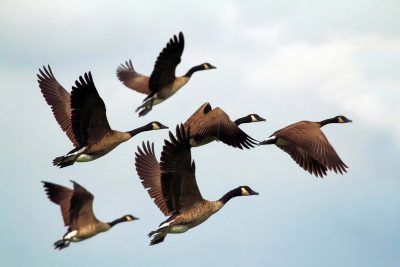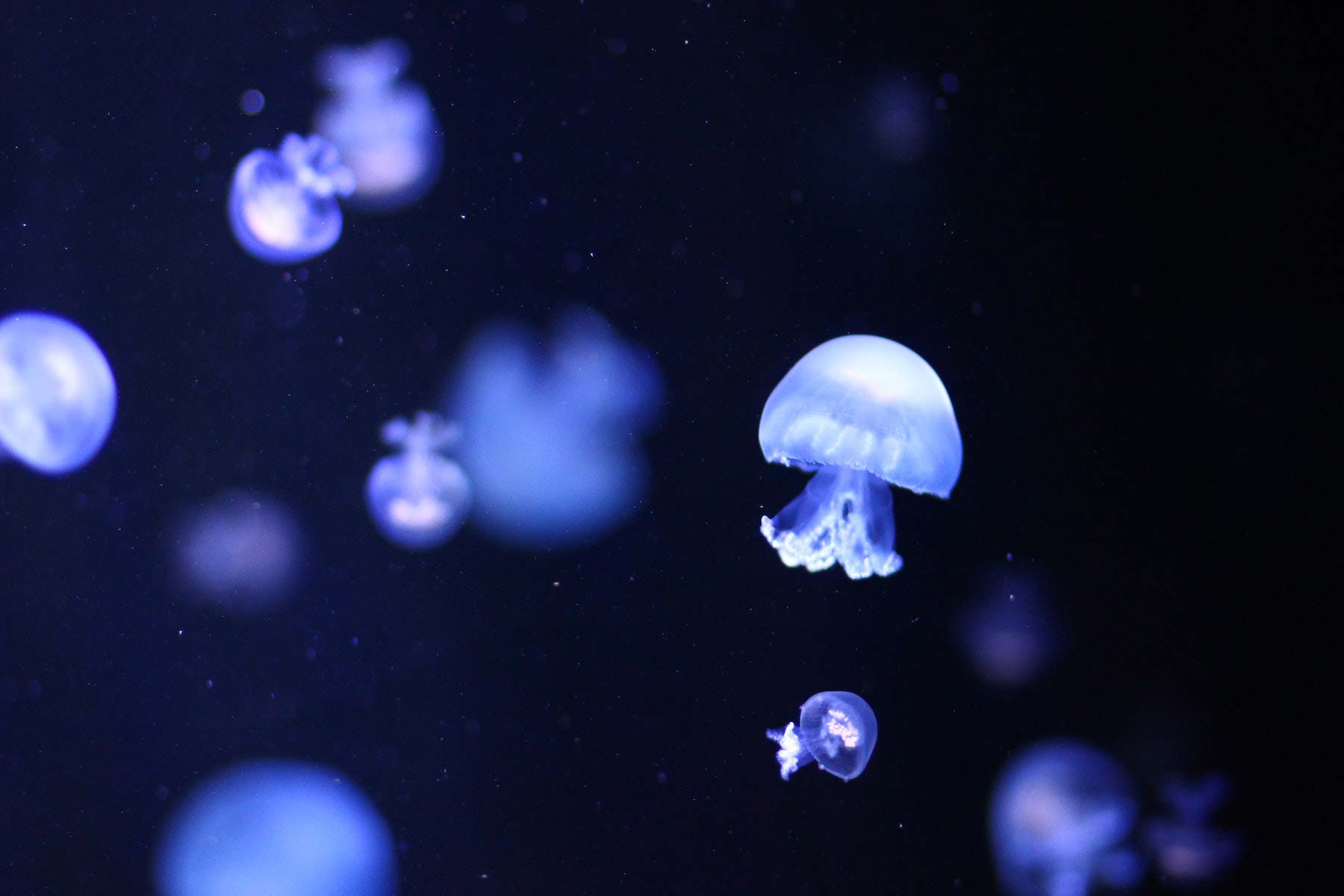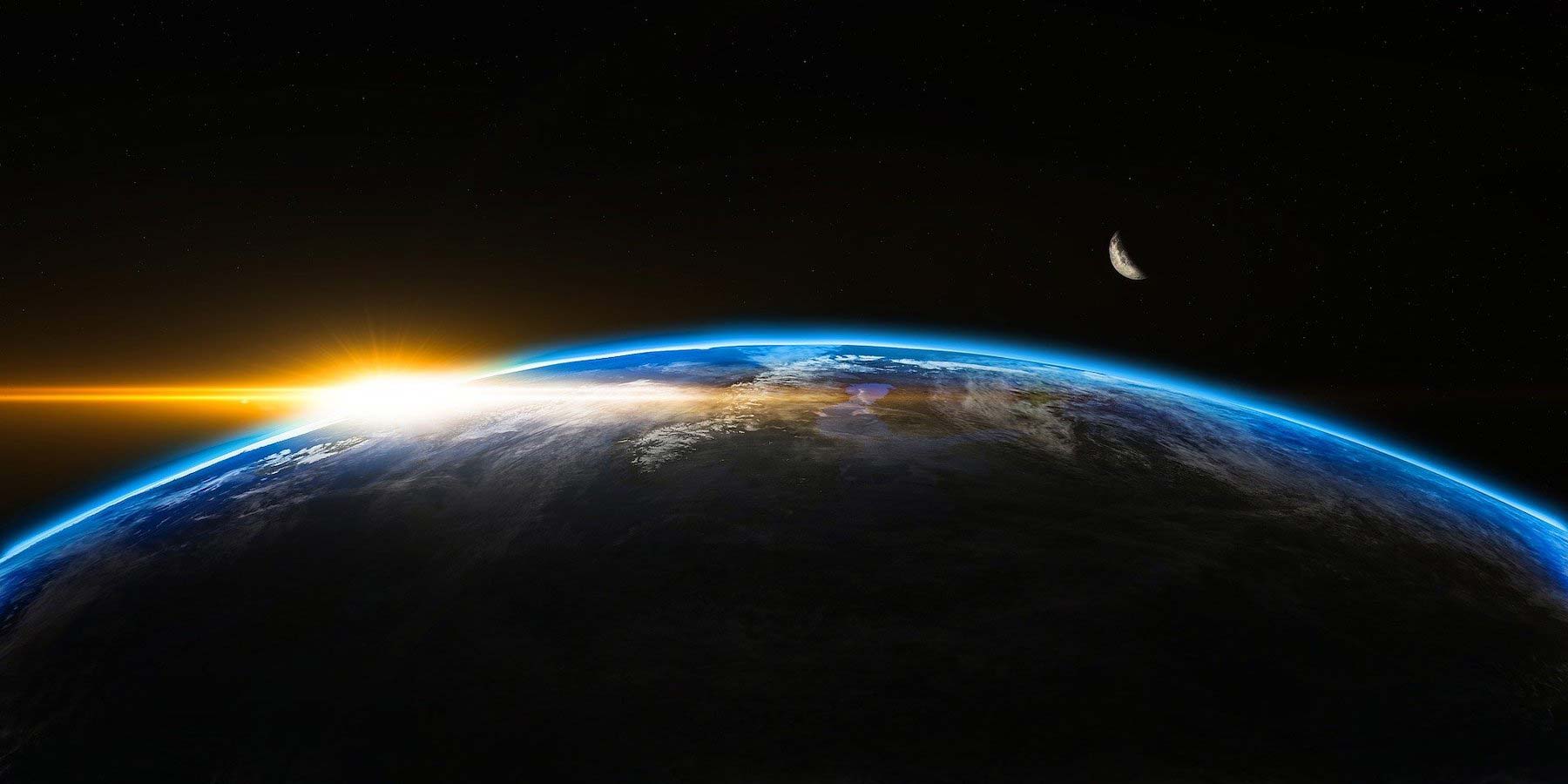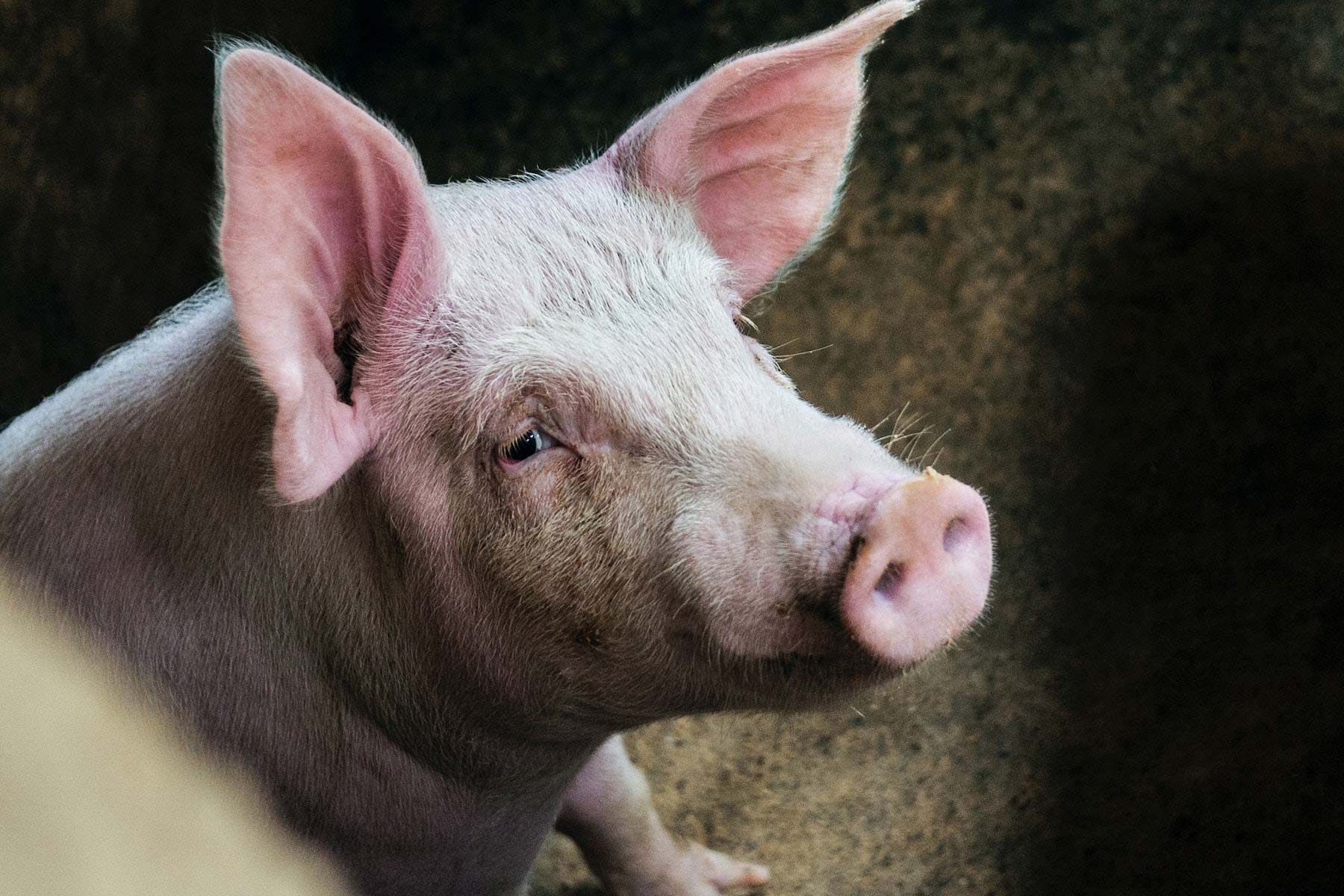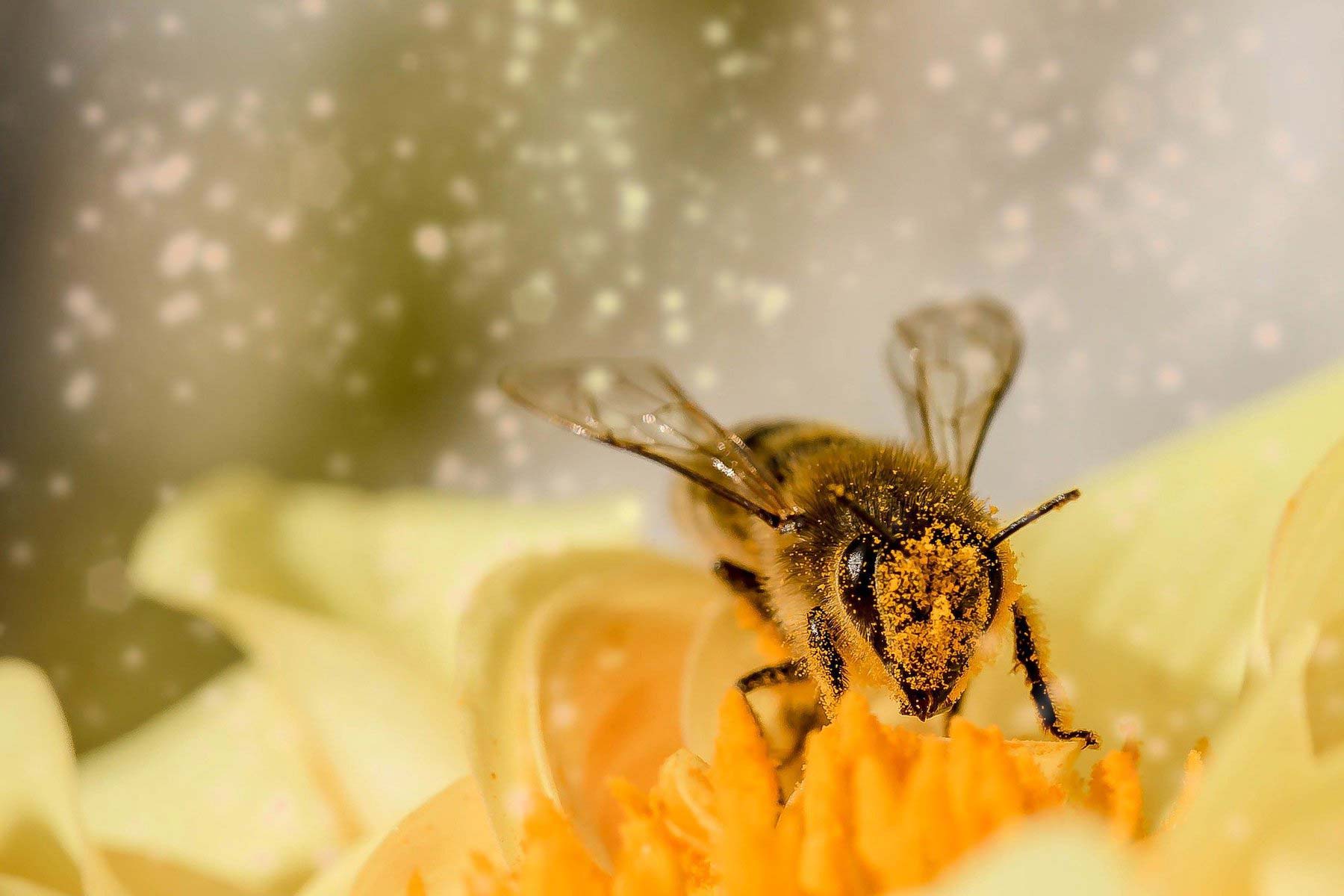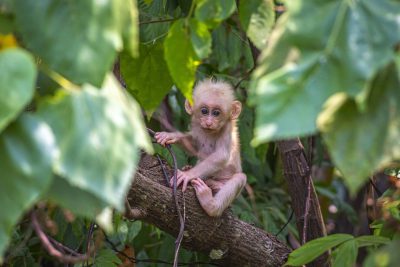Different faiths offer different stories of how we came to be on Earth alongside non-human animals. And in trying to make sense of our world – one in which there is great beauty and wonder as well as suffering and hardship—our forebears internalized and rationalized a ranking system and (naturally) placed themselves at the top. That stratified worldview persisted through the centuries and continued to flourish even as science started to erode faith in Faith.
Today, science teaches us that neither the human animal nor the non-human animal were “put here” and that we all evolved over a very long period of time through the forces of natural selection and random mutations. However, even as we understand the modern theory of evolution, which was developed less than 200 years ago, we call on Darwin to justify our age-old exploitation of animals. We say “it’s the survival of the fittest” and choose to look no further into the complexities of evolutionary theory and evolutionary ethics. We do not ask ourselves: Just because we can kill and eat animals, does that mean we should?
Why Are Animals Important to our World?
The modern human has evolved from—and alongside—animals. We may as well ask why humans are important to the world!
In terms of ecology, all animals have their place in it, and play a key role. Remove one species, and there is a knock-on effect, which is why extinctions and habitat destruction can have a much wider and more devastating impact than the loss of a single species or woodland.
Each animal plays a role which makes them invaluable. There are pollinating animals who ensure we eat; others who disperse seeds and help wild plants flourish; some break down the soil which helps plants to take root and thrive; some eat the bugs who threaten our foodstuffs; and there are those who help clear up the mess of life—the flies, beetles and vertebrates who break down the bodies of those who have died and cycle the nutrients back to the earth.
But, of course, animals are important in their own right, and not just because of what they do for us. It isn’t just our world. It is their world, too.
What Was The First Animal On Earth?
Well, that very much depends who you ask!
According To Science
The earliest known animal is a soft-bodied sea creature that lived over half a billion years ago. It is known as Dickinsonia, and it is the first Ediacaran to definitely be confirmed as an animal. Much much later, just two million years ago, human-like animals evolved, and very recently—around 300,000 years ago—Homo sapiens appeared.
According To The Bible
There are two versions of the order of creation in the Bible. In Genesis 1, God made aquatic animals first and then birds. In Genesis 2, He created man first, and animals later.
According To Bhagavad Gita
There is no beginning or end, according to the Gita, and so no ‘first’ animal.
How Did Animals Appear On Earth?
Once again, science and faiths give different accounts…
According To Science
For around four billion years, there was no life on Earth more complex than a simple cell. Then about 575 million years ago, things changed. The first animals – including the common ancestor of all animals today – evolved in the sea. One of those was the soft-bodied being known now as Dickinsonia. For 70 years, scientists debated whether this was an animal, a lichen or a giant protozoa, or maybe something else entirely. Then, in 2018, researchers found cholesterol in several specimens of Dickinsonia, and since cholesterol is found only in animals, their question was answered. Large animals also appeared in this era but they did not survive into the modern era. Then, 540 million years ago, there came the Cambrian Explosion, kick-started perhaps by increased oxygen in the sea. Evolution sped up and life blossomed, animals diversified from one another in their physiology and in their behaviors. It was the beginnings of the rich diversity of life on Earth.
According To The Bible
In Gen 1:20-25, God made both aquatic animals and birds on the fifth day: “God said, ‘Let the water teem with living creatures, and let birds fly above the earth across the vault of the sky.’ So God created the great creatures of the sea and every living thing with which the water teems and that moves about in it, according to their kinds, and every winged bird according to its kind. And God saw that it was good. God blessed them and said: ‘Be fruitful and increase in number and fill the water in the seas, and let the birds increase on the earth.’”
On the sixth day he made land animals: “And God said: ‘Let the land produce living creatures according to their kinds: the livestock, the creatures that move along the ground, and the wild animals, each according to its kind.’” Only after that came humans.
In Genesis 2:7, the order is reversed: first came man, then plants, then animals and birds, then woman.
According To Bhagavad Gita
There is no single creation story in the Gita, and no one moment of creation. There are different stories about eternal cycles of the universe being created, existing and dying. There is no beginning and no end.
The Gita says. “O son of Pritha! This vast collectivity of beings comes inexorably into manifestation again and again, dissolving at the commencement of night, and again coming forth at the dawn of day.”
Nonetheless, many speak of Brahma as the creator, the father of all living beings. In one story, in the Bhagavata Purana (or Bhagavatam), a text that was written 2,500 years after the Gita, Brahma creates sons from his own mind and one of them married many women who gave birth to animals.
Did God Create Animals for People to Eat?
For those whose faith teaches of a loving God, it is difficult to believe that He would approve of the factory farms and slaughterhouses built to create more suffering in the world while harming His creation. Increasingly, people of faith are coming to the view that animals were not created simply for us to eat.
Says Christian Vegetarians and Vegans UK: “From a Biblical perspective the concept of eating anything but plants by any animal – human or otherwise – only entered the world after The Fall. That surely should tell the reader something.”
What does The Bible Say?
In the book of Genesis, we read: “God said, ‘See, I have given you every plant yielding seed that is upon the face of all the earth, and every tree with seed in its fruit; you shall have them for food. And to every beast of the earth, and to every bird of the air, and to everything that creeps on the earth, everything that has the breath of life, I have given every green plant for food.’”
Says Simon Kittle from Christian charity SARX: “In these verses, God institutes a plant-based diet for both humans and non-human animals alike. God, in other words, created the world vegan. And it is this vegan world which God proceeds to declare very good (Genesis 1:31).”
Kittle then asks what we should make of human dominion over all other creatures (Genesis 1:28). He says: “humans are given dominion over other animals immediately prior to and as part of the very same narrative in which God gives humans a plant-based diet. Whatever ‘having dominion over’ means, then, if God’s subsequent institution of a plant-based diet is to make any sense, it cannot involve the permission to kill and eat animals: dominion simply does not mean complete and utter domination.”
Compassionate Christians believe that we were made to live peacefully, and recognise that many of society’s beliefs about animals stem not from the Bible but instead from cultural habit. They turn from the violence of the meat industry and join with God in seeking the Peaceable Kingdom.
What The Bhagavad Gita Say?
In the Gita, there are three kinds of food according to the three modes of material nature. Food is either Sattvic (mode of goodness), Rajasic (mode of passion) or Tamasic (mode of ignorance), and it is clear from the verses that the Gita promotes a pure Sattvic diet. The Gita describes the Sattvic foods as promoting life, virtue, strength, health, happiness and satisfaction. It says: “Such foods are juicy, succulent and nourishing.” It is clear that these are fruits, nuts, and vegetables.
Whereas: “Food prepared more than three hours before being eaten, food that is tasteless, decomposed and putrid, and food consisting of remnants and untouchable things is dear to those in the mode of darkness.” It’s clear that non-vegetarian items fall into this third Tamasic category.
In the Gita, Krishna also says that God resides in every creature. But Krishna loved dairy products and consumed huge quantities so how are we to reconcile the cruelty of today’s dairy industry – where mothers are separated from young, turned out when no longer productive, or transported long distances to slaughter – with that? Such cruelties are inherent parts of the modern dairy system, and it cannot function without them. No wonder people ask themselves if it’s time to quit dairy.
What Does Science Say About Eating Animals?
There is no one objective thing called ‘science’ and to answer this question we could call on any number of scientific disciplines from evolutionary biology to psychology. And, likewise, there is no one ‘person’ and different people in different parts of the world would have eaten different things at different times in our evolutionary history.
It is likely that the diet of our earliest ancestors was similar to the diet of modern chimpanzees: largely vegetarian but with some insects and a little meat, too. Then about 2.6 million years ago, it seems as though there was an expansion in the diet, with some hominids eating meat and marrow from large animals. This was Homo erectus, who came before Homo sapiens, and it is believed that the consumption of energy-dense meat increased their brain size and speeded up evolution.
So, what do scientists say today about animal consumption? Nutritionists and doctors say we don’t need it, and that the risk of many of our most fatal diseases would be reduced if we didn’t eat it. Public health researchers add that three-quarters of emerging infectious diseases in people are due to animals, and that if we didn’t kill and eat wild animals, or farm domesticated ones, that risk would be reduced.
And, although some people see science as being opposite to religion, it is interesting to note that psychologists think that people’s willingness to eat meat is linked to their belief in a hierarchy—with humans at the top and animals at the bottom—a paradigm long-taught by certain religions. Such a hierarchical worldview is increasingly being seen as responsible for the systemic racism and sexism in many societies today. When we create a hierarchy of worth among sentient beings, it serves to legitimize the abuse of those perceived to be lower down the ranking by those higher up. If instead we saw all sentient beings as having the same moral worth, such systemic abuse would end.
Our brains may have expanded due to eating meat but 2.6 million years is a long time and things change! Research now shows that the smartest people tend to become vegetarian, and that vegans have a reduced risk of suffering many of today’s most serious diseases. So, while eating meat may have helped create us, the meat habit may no longer be serving us.
Conclusion
Whether we are a person of science or faith or both, we are being encouraged to look again at our role on this planet. We may have been taught that dominion gives us a right to do whatever we want, but a closer reading of the scripture yields a different conclusion. We might drink milk because Lord Krishna did, though he never saw or supported the profound suffering that is inherent in today’s dairy industry.
Whatever our beliefs, we can look again with an open mind and an open heart. We don’t have to be at the top of a hierarchy of abuse. We can live peaceably alongside our animal friends, and our lives will be all the richer for it.
